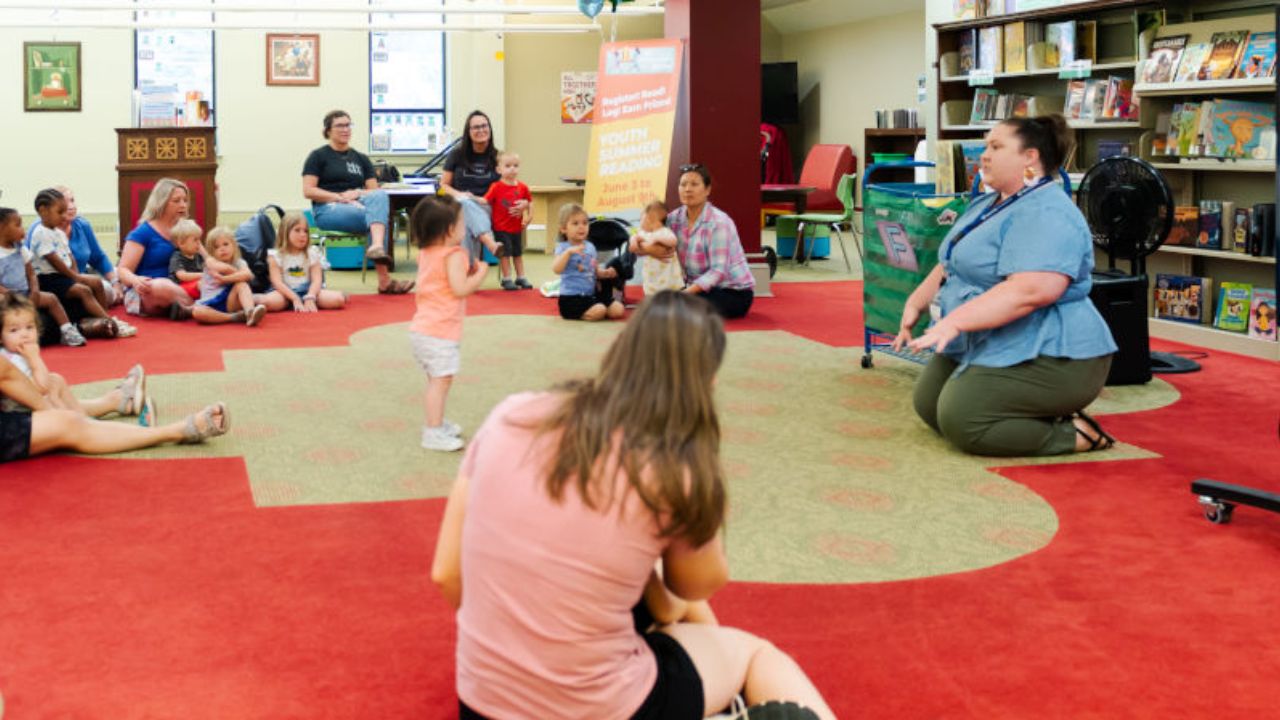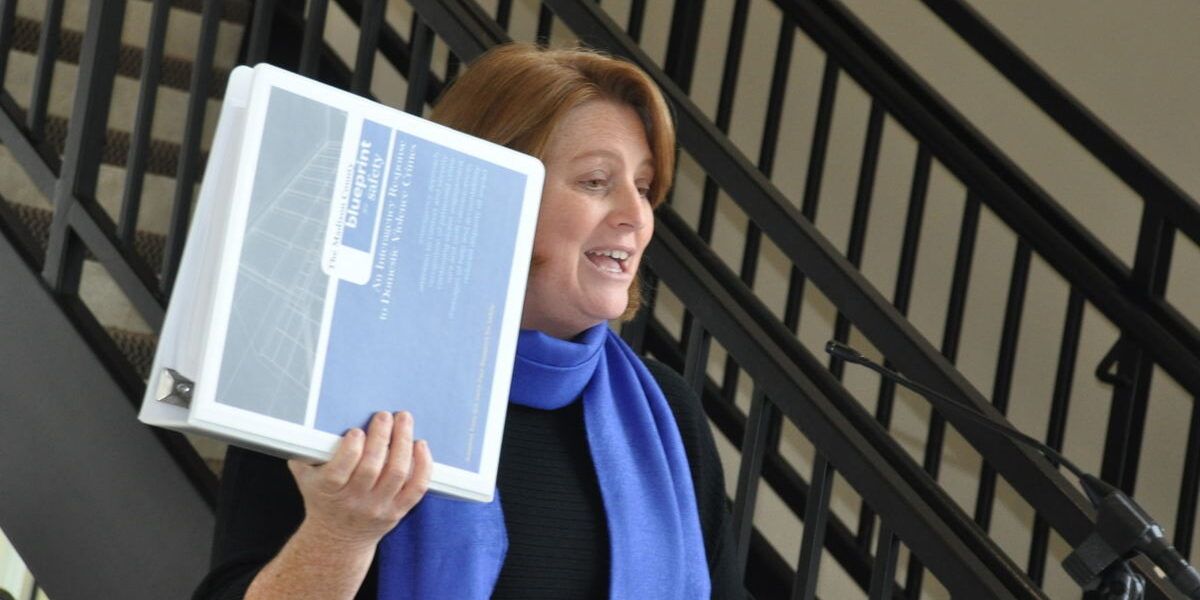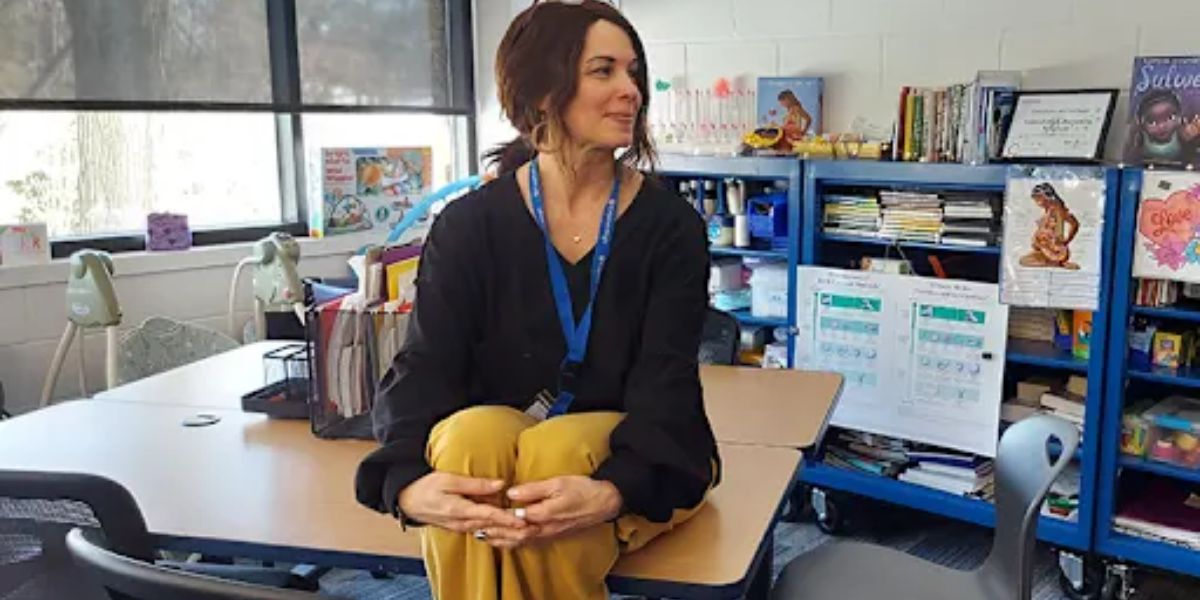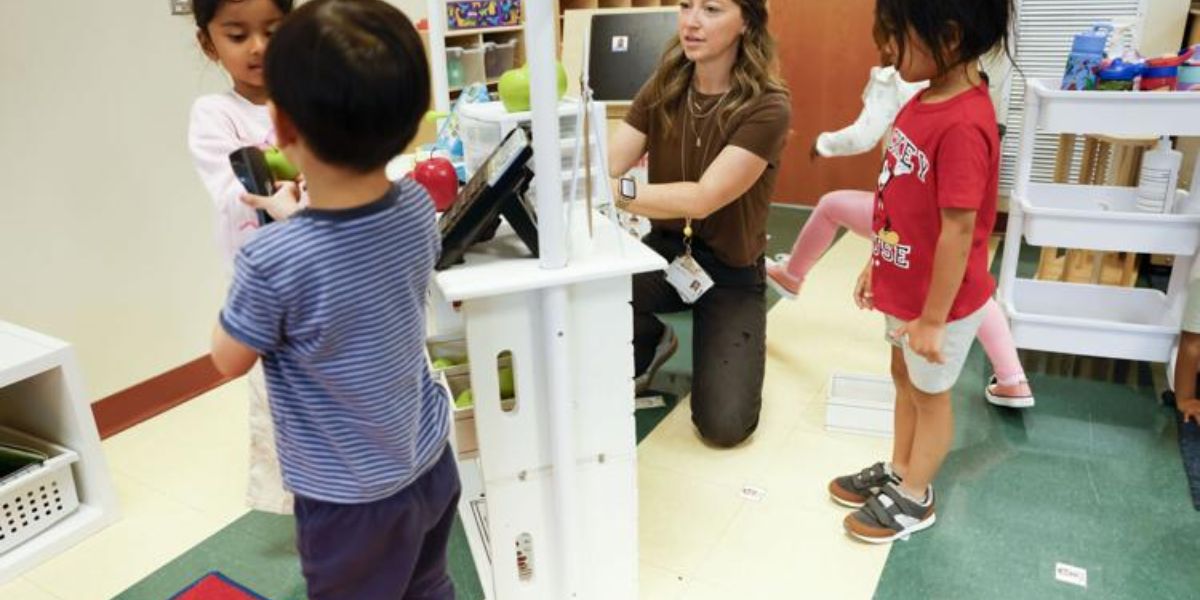Family therapy has become an essential part of modern behavioural health care, particularly in communities like Madison County, where families often serve as the first line of support for individuals facing emotional, psychological, or substance-related challenges. By addressing communication patterns, unresolved conflicts, and shared stressors, family therapy helps restore balance and strengthens relationships that form the foundation of community well-being.
Understanding the Purpose of Family Therapy
Family therapy focuses on improving the interactions and relationships among family members rather than viewing a problem as belonging to just one person. In Madison County’s behavioural health programs, this approach recognises that every individual’s emotional state is deeply connected to their home environment. Whether a family is dealing with depression, anxiety, substance use, or behavioural issues in children, therapy provides tools to navigate these challenges together.
Table of Contents
Therapists trained in systemic family therapy use evidence-based approaches such as structural, narrative, and cognitive-behavioural methods to help families understand patterns that contribute to conflict. By doing so, they encourage healthier communication and shared coping strategies.
Why Madison County Focuses on Family-Centred Behavioral Health
In recent years, Madison County health agencies and community clinics have placed greater emphasis on family-centred behavioural health care. This shift reflects growing evidence that long-term recovery and mental wellness are more sustainable when families are actively engaged in treatment.
Many residents face multiple pressures — economic instability, intergenerational trauma, and limited access to mental health resources. Family therapy addresses these realities by creating a collaborative environment where each member’s experience is valued. When families participate in therapy together, they are more likely to support recovery goals, reduce relapse rates, and maintain emotional stability at home.
Common Issues Addressed Through Family Therapy
Family therapy in Madison County’s behavioural health programs covers a wide range of issues, including:
- Parent-child conflict related to school performance, discipline, or technology use
- Communication breakdowns between couples or caregivers
- Coping with mental illness, such as depression, anxiety, or bipolar disorder
- Substance use recovery, where family involvement improves accountability and understanding
- Grief, trauma, and life transitions, including job loss or relocation
Each of these issues can strain relationships and lead to isolation if left unaddressed. Family therapy helps members understand how stress affects their interactions and how they can create new, positive habits together.
Integration with Community-Based Services
Madison County’s behavioural health providers often integrate family therapy with community-based programs, including school counselling, social services, and addiction recovery initiatives. This collaborative model ensures that care does not end at the therapist’s office.
For example, local clinics such as Madison County Community Health Center (MCCHC) coordinate with schools and child welfare agencies to identify families in need of early intervention. These partnerships make therapy more accessible and reduce barriers like cost, transportation, and stigma.
Additionally, some community programs offer telehealth family therapy sessions, allowing families with busy schedules or mobility limitations to participate from home. This innovation became particularly valuable during and after the pandemic, ensuring continuity of care.
The Role of Family Therapists in Strengthening Relationships
Family therapists in Madison County work beyond clinical settings — they serve as educators, mediators, and advocates. They help families identify underlying emotional needs and guide them toward practical solutions.
For instance, in cases involving adolescent behavioural issues, therapists may facilitate sessions that focus on rebuilding trust and setting healthy boundaries. For couples struggling with relationship stress, therapy provides a structured space to communicate honestly and rebuild emotional connection.
Therapists also teach families problem-solving and conflict-resolution skills, which can prevent crises before they escalate. This proactive approach strengthens the overall mental health network within the community.
Success Stories and Measurable Impact
The results of family therapy are often transformative. Families who once struggled with constant conflict report greater emotional closeness, improved daily functioning, and renewed hope for their relationships. Clinics in Madison County have observed that individuals participating in family-inclusive therapy are more likely to remain in treatment, show reduced symptoms of depression and anxiety, and experience fewer hospitalisations.
Moreover, family therapy’s impact extends beyond immediate recovery. It fosters resilience and emotional literacy among children and parents alike — skills that can benefit multiple generations.
How Families in Madison County Can Access Support
Residents seeking family therapy in Madison County can begin by contacting local behavioural health centres or primary care providers for referrals. Many programs operate on a sliding-scale payment system or accept Medicaid, ensuring accessibility for families of all income levels.
Community organisations and schools also host workshops on parenting, communication, and family resilience, helping families take the first step toward healing even before entering formal therapy.
Conclusion
Family therapy plays a critical role in strengthening Madison County’s behavioural health programs by bridging the gap between individual treatment and collective well-being. Through open communication, shared understanding, and guided support, families can transform how they respond to life’s challenges and build healthier, more connected homes.
Call to Action:
If your family is navigating emotional stress, behavioural challenges, or communication struggles, consider reaching out to your local behavioural health provider in Madison County today. Together, you can take the first step toward healing, resilience, and lasting connection through the resources at mcchc.org.












